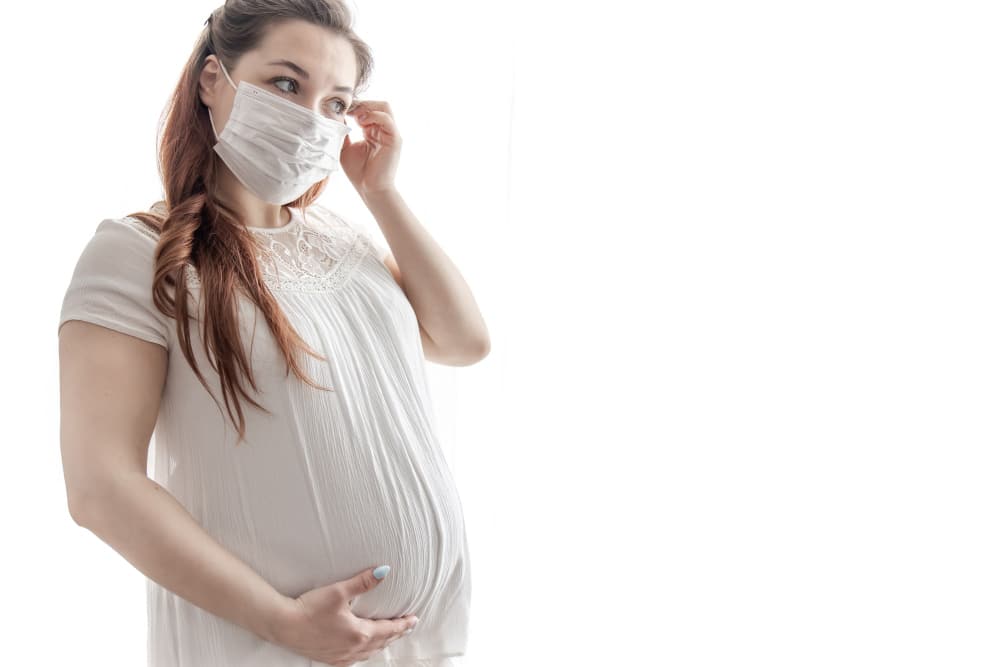Introduction
Pollution has become widespread and severe for public health. WHO has estimated that around 4.2 million loss of lives are caused by air pollution alone, which, demands critical awareness and action. This is also concerning for pregnant women and their developing babies. Thus, the developmental stages of pregnancy make the mother and child more susceptible to environmental hazards.
Pollution and Its Sources
The introduction of harmful substances or contaminants into the environment causes adverse effects on both ecosystems and human health. The significant types of pollution are:
Air Pollution: The emission of pollutants, including carbon monoxide, nitrogen oxides, and particulate matter from vehicles, industries, etc., causes air pollution. Chemicals from household products, tobacco smoke, etc., compromise indoor air quality.
Water Pollution: Agricultural runoff, industrial chemical discharge, and sewage contaminate water sources, impacting drinking and food supplies.
Soil Pollution: Hazardous chemicals from pesticides, fertilizers, and industrial wastes are affecting the soil; its direct and indirect implications are on health through food products.
Noise Pollution: Noise pollution is mostly due to traffic, construction, and industry increases stress levels, and adversely affecting health.
Related Topic: High-Risk Pregnancy
These pollutants reach the pregnant woman through air, water, and food. As a result, the health of the mother and the developing fetus will be affected.
Effects of Pollution on Pregnant Women’s Health
The consequences of pollution during pregnancy can be far-reaching for both mother and child. Research shows that exposure to high levels of pollution increases the likelihood of pregnancy-related complications, including:
- Preterm Birth: Pollutants such as carbon monoxide and delicate particulate matter can trigger premature labor, which increases the risk of health issues for both the mother and the newborn.
- Low Birth Weight: Pollutants like lead and tobacco smoke can interfere with fetal growth, resulting in babies with low birth weight. Low birth weight is associated with a greater risk of infections, developmental delays, and chronic health issues later in life.
- Respiratory Complications in Newborns: Babies born to mothers exposed to high levels of air pollution are more susceptible to respiratory problems, such as asthma and bronchitis.
- Maternal Complications: Pollutants can increase the likelihood of gestational diabetes, preeclampsia, and other pregnancy complications. Preeclampsia, for instance, can be life-threatening and often requires close monitoring.
- Birth Defects: Exposure to certain pollutants, like heavy metals, can interfere with fetal development, increasing the risk of birth defects.
- Long-term Health Impacts: Exposure to pollution during pregnancy may predispose both mother and child to chronic health issues.
Related Topic: Premature Baby
Effects of Pollution on the Developing Fetus
The fetus is susceptible to pollution. As organs form and critical growth stages unfold, pollutants can disrupt normal development. Potential effects include:
- Impaired Fetal Growth: Pollutants can limit nutrient flow to the fetus, leading to growth restrictions and low birth weight.
- Neurological Disorders: Studies suggest that exposure to air pollution during pregnancy increases the risk of neurological disorders in children, such as autism spectrum disorders and attention-deficit/hyperactivity disorder (ADHD).
- Heart Defects: Certain pollutants can impact cardiovascular development in the fetus, resulting in congenital heart defects and increasing the risk of cardiovascular disease later in life.
- Reduced Cognitive Development: Exposure to pollutants during pregnancy has been linked to impaired cognitive development in children, affecting learning abilities and memory.
- Increased Susceptibility to Chronic Diseases: Children exposed to pollution in utero may have a heightened risk of asthma, allergies, and even cancer in adulthood.
Reducing Pollution’s Impact on Pregnant Women
Creating a safe environment for pregnant women requires coordinated efforts at both the healthcare and individual levels. Here are key measures that enhance maternal and fetal health protection:
Healthcare Interventions:
- Regular Prenatal Monitoring: Comprehensive prenatal care, especially for those in high-pollution areas, helps identify and manage potential health risks early.
- Air Quality Awareness Programs: Healthcare providers can educate pregnant women on air quality risks and share resources for identifying less polluted areas.
- Clean Energy Advocacy: Hospitals and clinics can promote the benefits of renewable energy sources, such as wind and solar, as part of community outreach programs.
- Sustainable Transport Initiatives: Healthcare facilities can encourage the use of public transport and other eco-friendly commuting options to reduce traffic pollution.
- Community Health Support: Organizing resources such as air purifiers or household chemical reduction tips helps pregnant women maintain a cleaner home environment.
Individual Precautions:
- Avoid High-Pollution Areas: Pregnant women should try to limit time spent in highly polluted spaces and choose lower-emission travel routes.
- Use Air Purifiers: Installing air purifiers at home can improve indoor air quality, reducing exposure to airborne pollutants.
- Limit Household Chemicals: Reducing the use of harsh cleaning products and opting for natural alternatives minimizes chemical exposure.
- Mindful Physical Activity: Choosing safe outdoor environments or indoor spaces with good air quality for activities like walking can further support well-being.
With these combined healthcare and individual strategies, pregnant women can better navigate and reduce the health risks associated with environmental pollution.
Conclusion
Reducing pollution is essential to safeguarding future generations’ health. Together, we can make the environment safer and healthier for moms and children by passing stronger laws, encouraging sustainable practices, and raising awareness of the dangers.
For expectant mothers and their unborn children, pollution poses a serious health risk. Pollution during pregnancy has far-reaching consequences, ranging from delivery troubles to long-term health problems.
Motherland Hospital provides specialized prenatal treatment and tools to assist families navigate a healthy pregnancy because we value the health and safety of mothers and their unborn children. To find out how we can help you on this priceless trip, get in touch with us right now.

